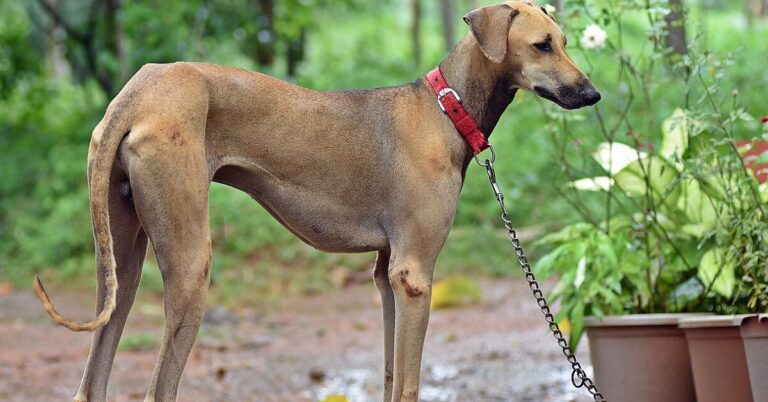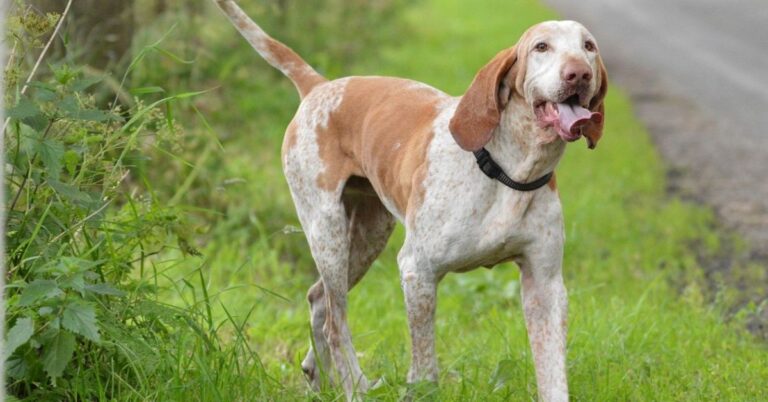15 Dog Breeds Cat Owners Might Regret
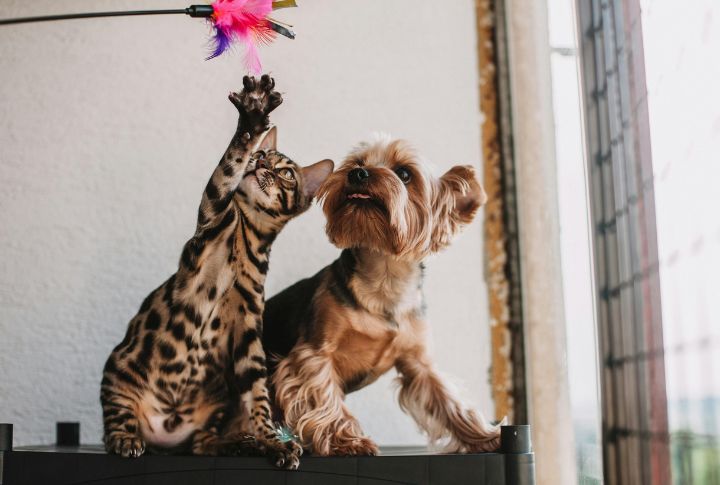
Are you considering adding a dog to your home with cats? With over 150 breeds to choose from, the decision can be daunting. There are some breeds whose high energy or strong instincts might not mix well with felines. So, check out 15 breeds to avoid, complete with traits and pictures, to help guide your choice.
Australian Cattle Dog
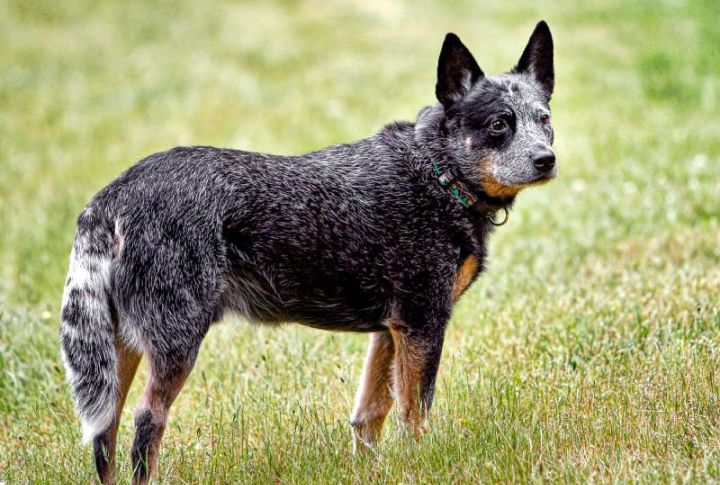
Australian Cattle Dogs, bred in Australia for herding cattle, have a strong drive that may cause them to treat your cat as another animal to control. Energetic, intelligent, and independent, they aren’t usually aggressive, but their size and energy could unsettle your cat. With proper training, this behavior can be managed.
Beagles
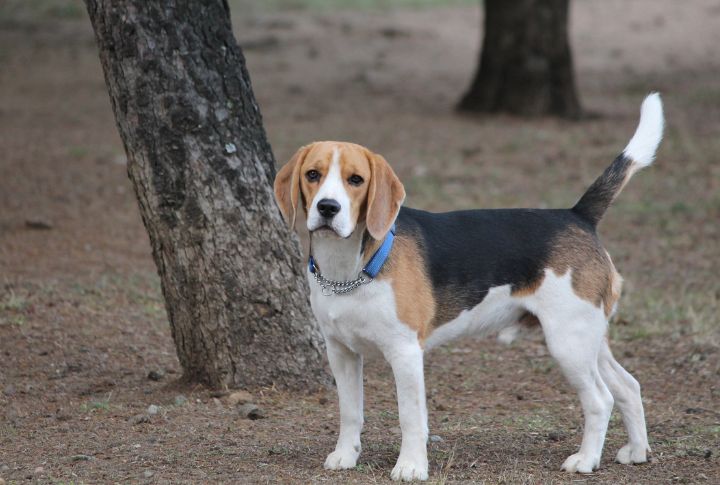
Beagles may have adorable faces and big, expressive eyes, but that doesn’t mean they’ll be friendly to your cat. Though loving and merry, they are very nosy, making them likely to stalk your cat, which naturally prefers independence. Developed from hunting hares, Beagle’s high energy can also tire out your cat.
Greyhounds
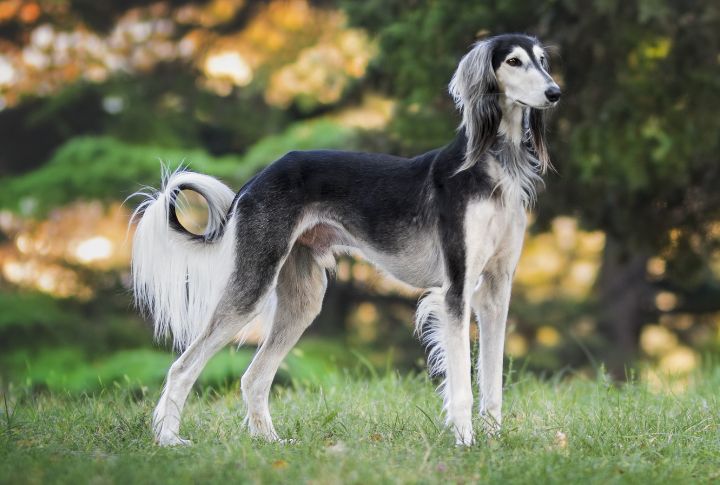
Greyhounds are the fastest of all dog breeds, capable of reaching speeds up to 45 miles per hour. With their sleek, inverted S-shaped bodies, they trace their lineage back to ancient Egypt, symbolizing aristocracy. Their pronounced hunting tendencies might lead them to chase your cat, making them particularly risky around kittens without proper socialization.
Samoyed
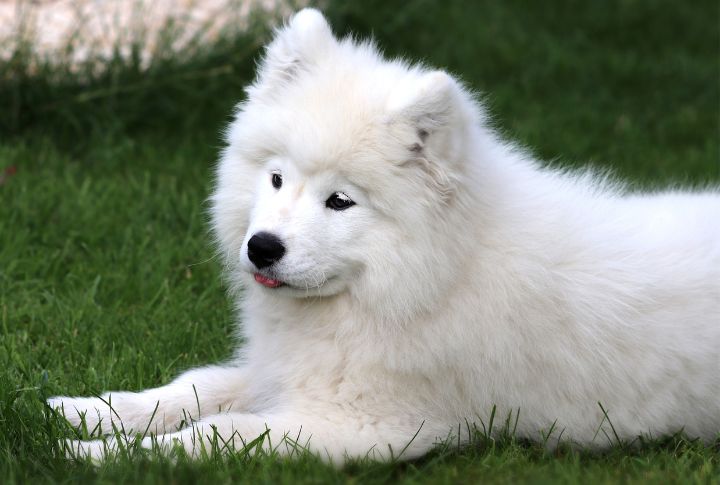
Unlike many breeds that might chase but not harm your cat, Samoyed’s strong predatory instinct can lead them to kill. Built for Arctic conditions with their thick white coats, these dogs are difficult to train and require constant supervision to manage their energy in order ensure their signature “smiling” faces remain a sign of safety.
Border Collies
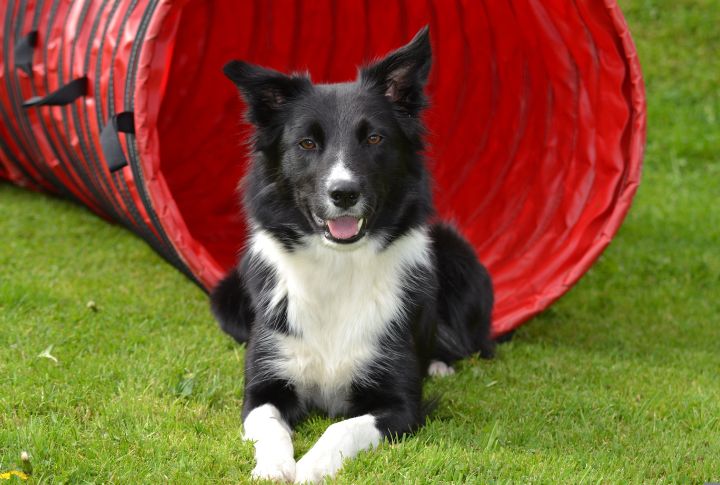
Though all dogs are smart, some breeds stand out for their exceptional intelligence. Brainiacs of the dog world, as they are called, Border Collies were bred for herding along the English-Scottish border about 300 years ago. Their agility and obedience shine, but their energy and intensity can overwhelm unprepared households, potentially causing stress for your cat..
Chow Chow
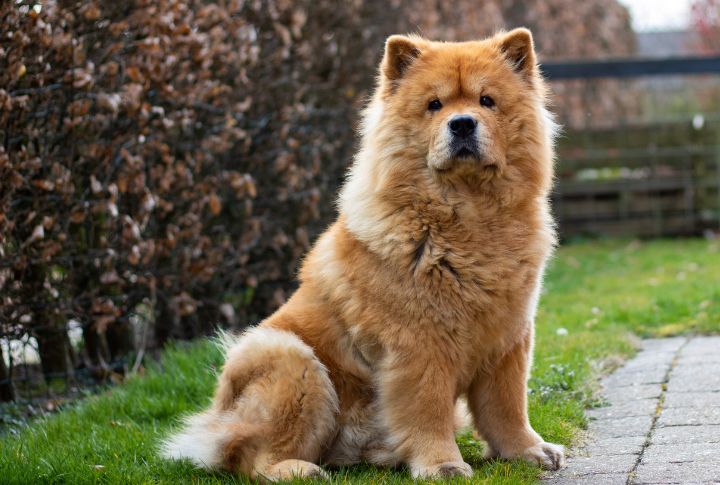
Owning a Chow Chow brings one of the oldest dog breeds into your home. Their blue-black tongues and lion-like manes are distinctive, with a heavy head, thick coat, and tail curling over their back. Due to their aggressive tendencies, they are labeled high-risk, increasing homeowners insurance cost, asides posing a threat to your cat.
Weimaraner
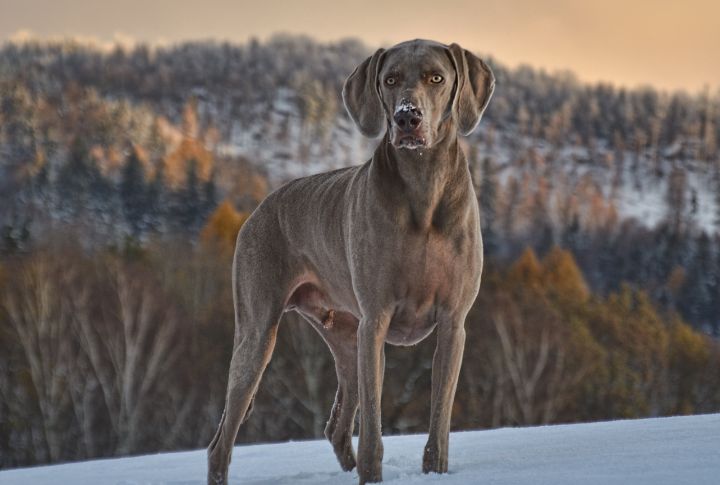
The “Grey Ghost” is a devoted and amiable friend who prefers busy homes to backyard kernels. Weimaraners were developed for hunting, therefore managing them with smaller animals, like your cat, can be challenging because to their forceful and protective nature. Furthermore, your cat may be stressed out trying to match its endless energy and strong gaming drive.
Jack Russell Terriers
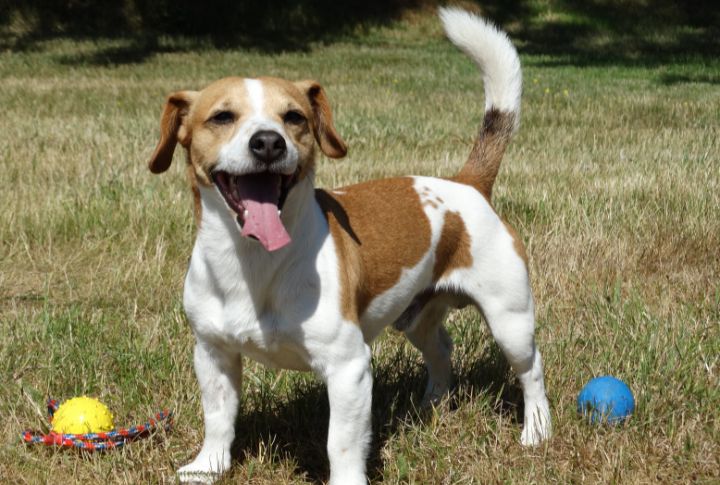
Jack Russell Terriers are a pack of energy in a small frame, making them efficient at tracking anything that moves. Bred for hunting, this propensity to pursue small animals is pronounced and can unsettle your cat. While they bring liveliness to any home, experts recommend a calmer breed for cat owners.
American Pit Bull Terrier
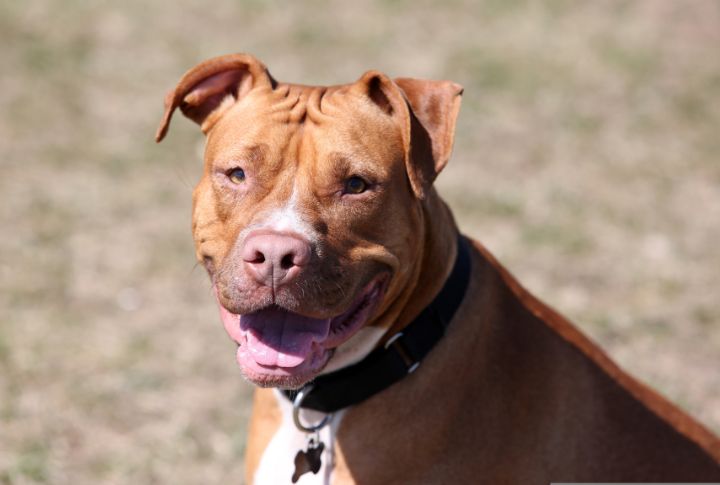
The American Pit Bull Terrier, a sturdy and sociable breed from England, stands 18–21 inches tall and weighs 35–60 pounds. With its short coat and boundless energy, this breed requires firm training and secure fencing. Despite their friendly demeanor, Pitties’ gaming instinct could make them harass your cat, even if no harm is intended.
Shih Tzu
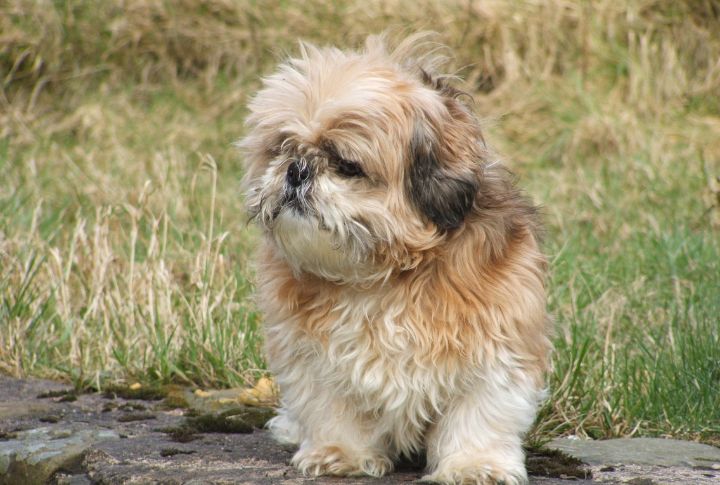
While dogs vary in temperament, some breeds are notably affectionate. Pronounced ‘sheed-zoo,’ the Shih Tzu is a small, playful breed that can fit easily into your cat’s favorite hiding spots, potentially causing tension. Though naturally warm-hearted, the Shih Tzu might become jealous of your cat receiving more attention and could try to push it away.
Rottweilers
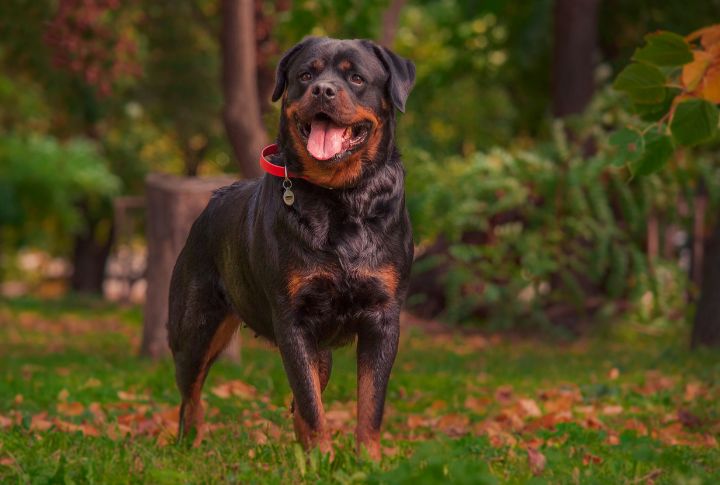
Rottweilers are devoted guardians with a strong territorial instinct that manifests as aggression, even toward other dogs, making them less likely to get along with your cat. While they can be milder with proper training, their natural reserve and wariness of strangers require early, consistent training to ensure peaceful coexistence with your cat.
Miniature Schnauzer
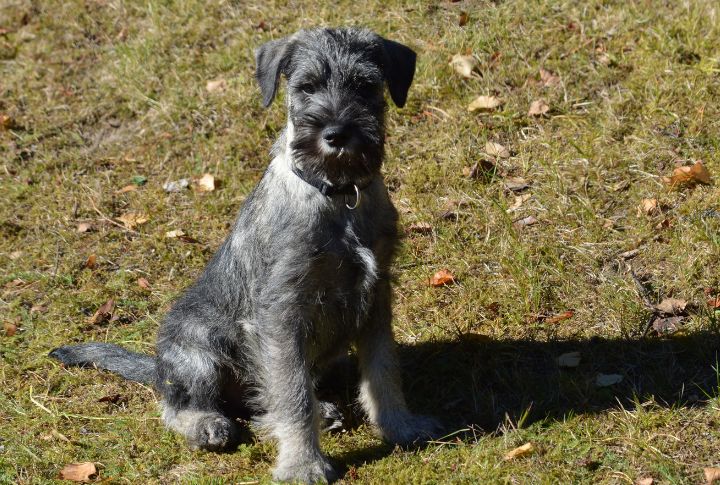
Part of the Terrier group, the Miniature Schnauzer was created by German farmers who combined the Standard Schnauzer, Poodle, and Affenpinscher to develop an effective vermin catcher. Minis require a lot of attention, engagement, and particularly patience and training to avoid scaring your cat away—something that can be challenging for multi-pet households.
Yorkshire Terriers
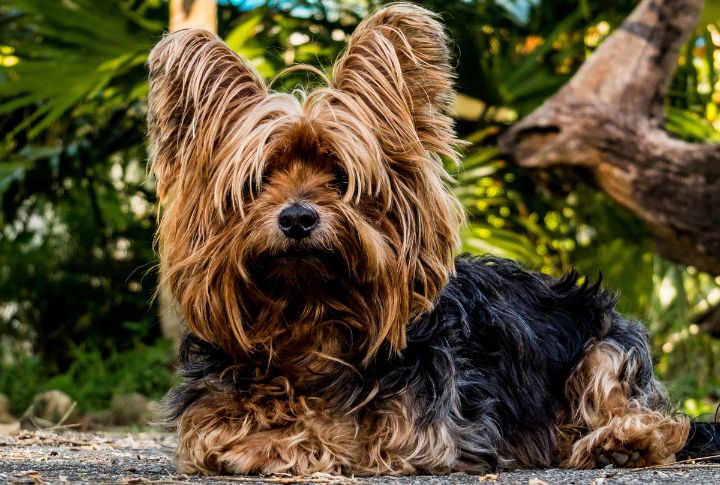
Toy-sized but brimming with personality, Yorkshire Terriers have characteristic long, silky coats which require regular and meticulous maintenance. With hair more like human strands than fur, Yorkies make fine little watchdogs and provide years of love, laughter, and companionship. However, they’re quick to bark at other animals, which can scare your cat away.
Whippet
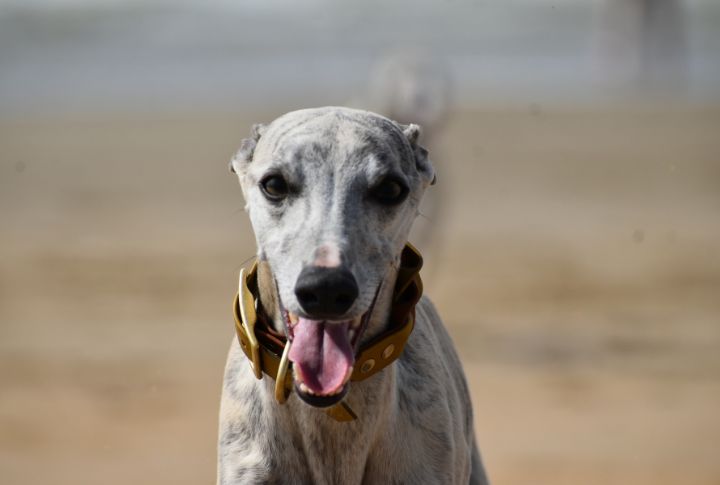
Often called the “Poor Man’s Racehorse,” Whippets are sought for their speed and agility. Fond of people and rarely barking, your cat is at danger from their inherent attraction for fast-moving items. They also need ample time for exercise to remain motivated. Strong-willed and routine-loving, training them to live with your cat doesn’t come easy.
Irish Wolfhounds
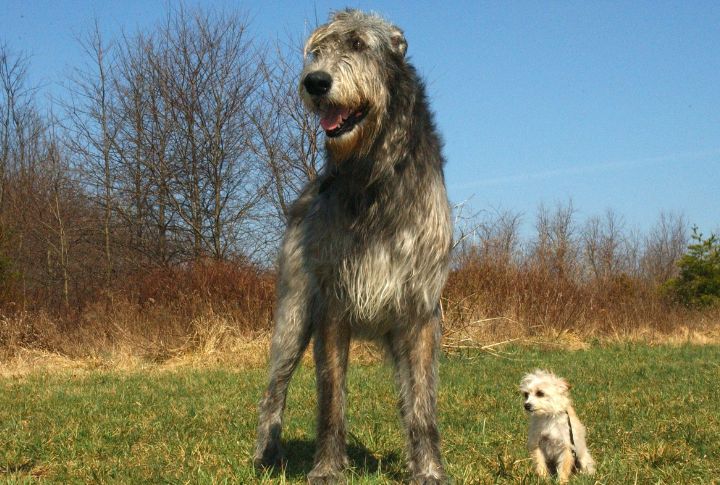
While Irish Wolfhounds are the tallest of all dog breeds and can exceed 150 pounds, they are surprisingly fast. Nicknamed ‘Gentle Giants’, their towering figure can intimidate your naturally timid cat, potentially affecting its welfare. Additionally, their instinct to pursue small animals in the yard makes them risky for new or unfamiliar cats.
